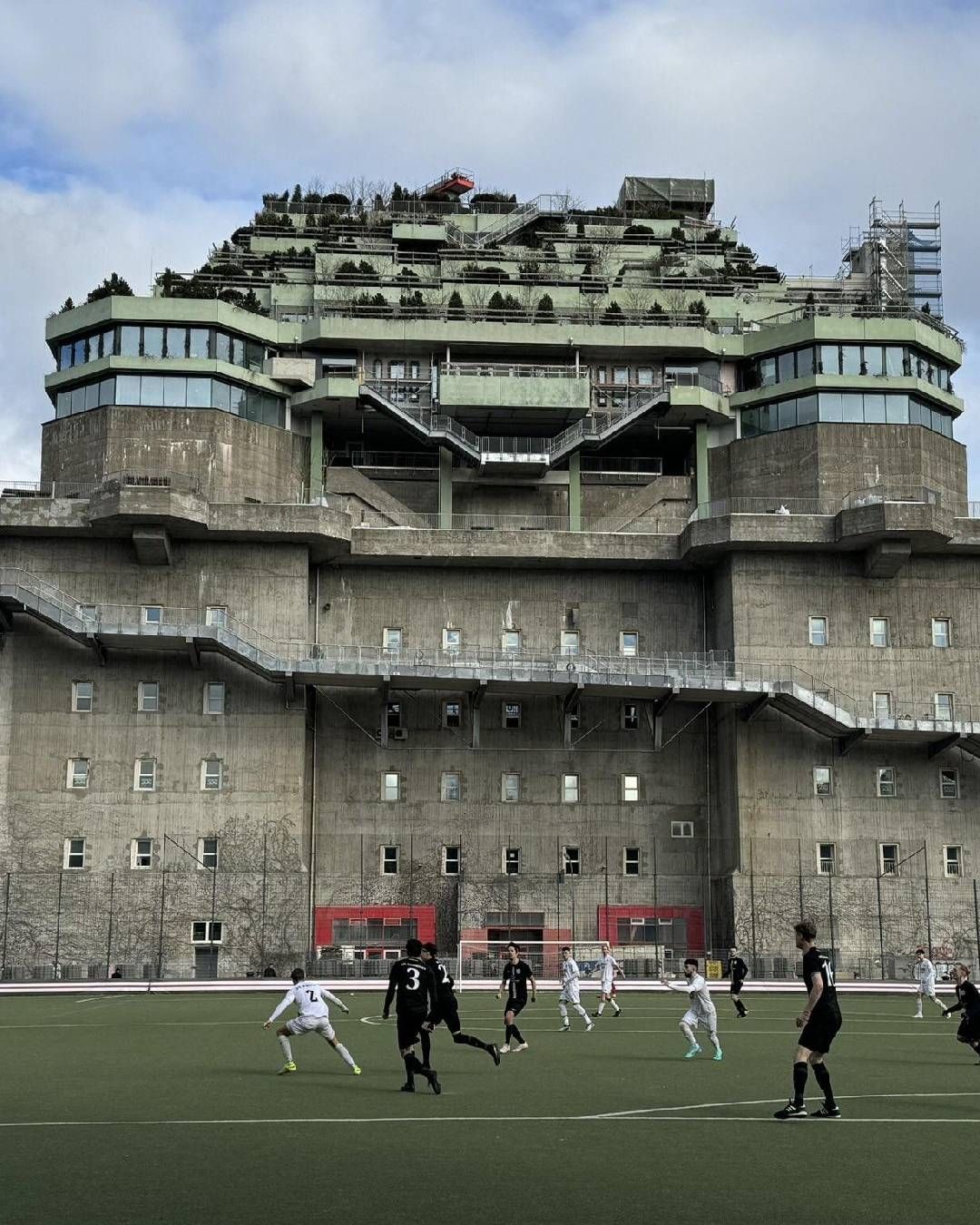
Why are more and more billionaires building luxury bunkers? They fear, above all, a revolt against their economic privileges
Recently, the US edition of Wired published an investigation into the new residence of Mark Zuckerberg on the island of Kauai, Hawaii, valued at over $200 million. The residence, still under construction, spans an area of over 5,000 square meters and consists of two villas, various buildings, and a large structure that will house a gym, a pool, and a tennis court, among other amenities. According to Wired, which spoke with a spokesperson for Meta's CEO, there is also a proper bunker, connected to the main residence through an underground tunnel. The shelter will feature soundproof walls, internal elevators, reinforced doors, water reserves, and more. In addition, there are autonomous systems for electricity generation, as well as an extensive network of surveillance cameras. The investigation reveals that very few people authorized to speak about the project, as almost all workers involved were asked to sign confidentiality agreements: "It's like 'Fight Club': we can't talk about it," reported a source who worked on the project to Wired. At least one employee is said to have been fired for sharing a photo of the ongoing work on Snapchat. There have also been numerous discussions about the environmental impact of the residence – even the island's residents have expressed their dissent regarding Zuckerberg's operation.
The luxury bunker business
@youwontbelievemeofficial #MarkZuckerberg is creating a underground #bunker in #hawaii Beethoven Moonlight Sonata-High Sound Quality - Amemiya
Zuckerberg is not the only billionaire to have a bunker built. Max Levchin, one of the founders of PayPal, stated that about half of those who became wealthy through the new economy have invested in a generic "emergency plan" – to protect themselves in case of wars or revolutions. The same applies to personalities such as Jack Ma, founder of Alibaba, James Cameron, or William Foley, a finance guru. The construction of underground security shelters is no longer exclusive to heads of state, as was the case in the 20th century. US entrepreneur Harry Hall, for example, had previously invested in the business of building bunkers for billionaires: his company Survival Condo offers luxury apartments connected to nuclear-war-proof shelters. The New York Times had managed to enter one of these residences. The rooms resemble those of luxury hotels: they have wooden finishes, designer furniture, pools, hot tubs, among other things. Screens on the walls allow occupants to see what is happening outside the bunker. Special air filtration systems prevent contamination. Wind turbines and solar panels ensure the supply of electricity, while a space dedicated to plant cultivation and fish farming is intended to provide almost unlimited food. The bunker is said to have a complete autonomy of five years. The buyer of one of these apartments, worth $1.5 million, told the New York Times that they feel in the most dangerous era in history and wanted to make this investment to protect themselves from nuclear wars or societal collapse. Even Post Malone had invested $3 million in 2019 in building a bunker for his residence in Utah.
Who are today's "preppers"?
The New Yorker has tried to better understand the potential buyers of these luxury bunkers and, more generally, to understand who the Americans are spending millions of dollars to save themselves from the apocalypse. Being prepared for the potential collapse of society is not considered excessive in the United States. There is even a term to describe those who stockpile weapons and food in anticipation of this scenario: "prepper", meaning "those who are prepared." In recent years, associations or groups of individuals training for a possible apocalypse have multiplied. Until recently, they were not multimillionaires, but rather camping enthusiasts and gun fanatics. However, customers in the luxury bunker market do not belong to this category. They represent a new generation of "preppers" who no longer come from rural America and do not sympathize with extreme right-wing conspiracy theorists. Their real fear, finally, lies not so much in nuclear war or the collapse of society but in a revolt against their economic privileges.











































